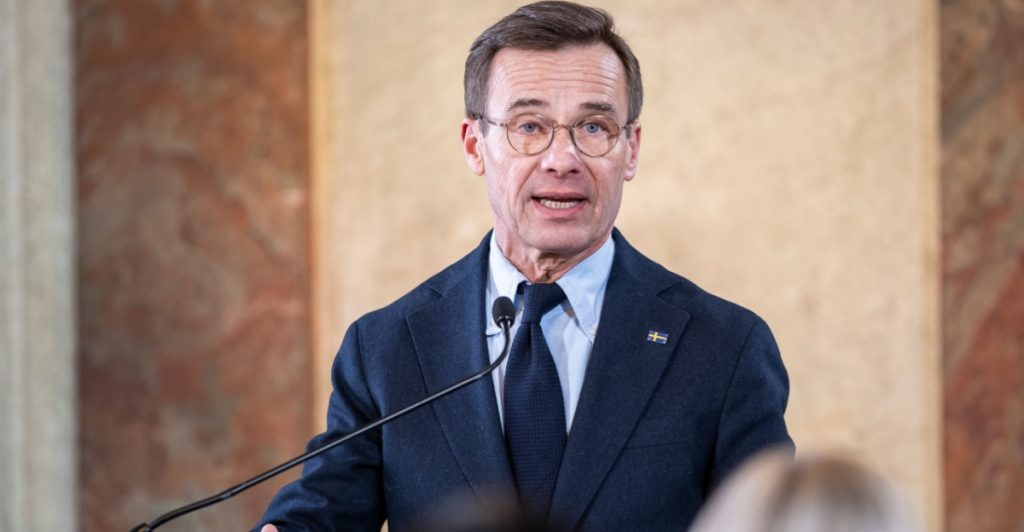Prime Minister’s Use of AI Tools Sparks Debate in Sweden
Others are reading now
Technology is changing fast. More and more people are using artificial intelligence in their daily lives.
But what happens when politicians turn to it for help with their decisions? That’s what’s now being debated in Sweden.
A “Second Opinion”
Swedish Prime Minister Ulf Kristersson recently admitted that he uses AI tools like ChatGPT and the French chatbot LeChat to help guide his work, reports Ziare.
He said he sometimes asks for a “second opinion” when thinking through problems.
He wants to know how others have handled similar situations or if he should consider doing the opposite of what he first thought.
Also read
His comments came during an interview with the Swedish business newspaper Dagens Industri. The response was quick. Some praised his openness to new tools. But many were critical.
The newspaper Aftonbladet strongly criticized the prime minister in an editorial. They said he had fallen into what they called an “AI-oligarch psychosis.”
Their argument was that leaders should rely on their own experience and political thinking. Not a chatbot.
Government Discussions in the Wrong Hands
Experts in the field also raised red flags. Simone Fischer-Hübner, a computer scientist from Karlstad University, said there could be serious risks.
She warned that using AI might expose government discussions to privacy problems. AI could also misinterpret important information.
Also read
Kristersson’s office quickly tried to calm the situation. His spokesman, Tom Samuelsson, said the prime minister never shares anything sensitive with the AI tools. He added that AI is only used for general advice, not real decision-making.
Still, other experts were not convinced. Virginia Dignum, a professor at Umeå University, said that AI doesn’t form real opinions.
It only repeats the views and biases of the people who created it. She warned that leaders who rely too much on AI might lose touch with human judgment.
As AI becomes a bigger part of everyday life, questions like this will only grow. Where should the line be drawn?


